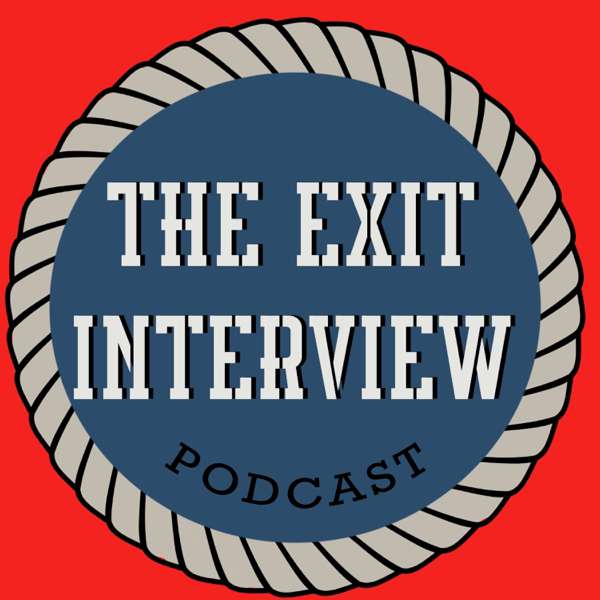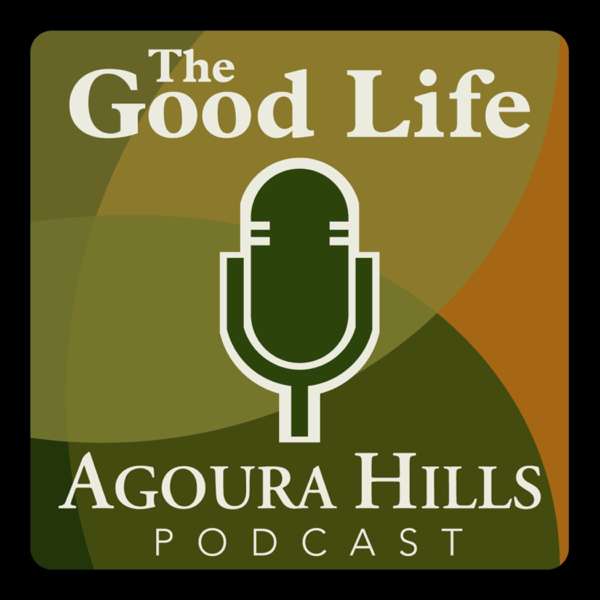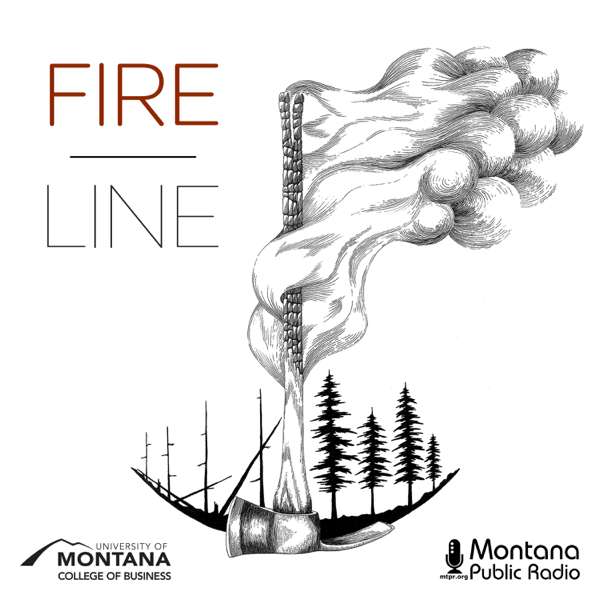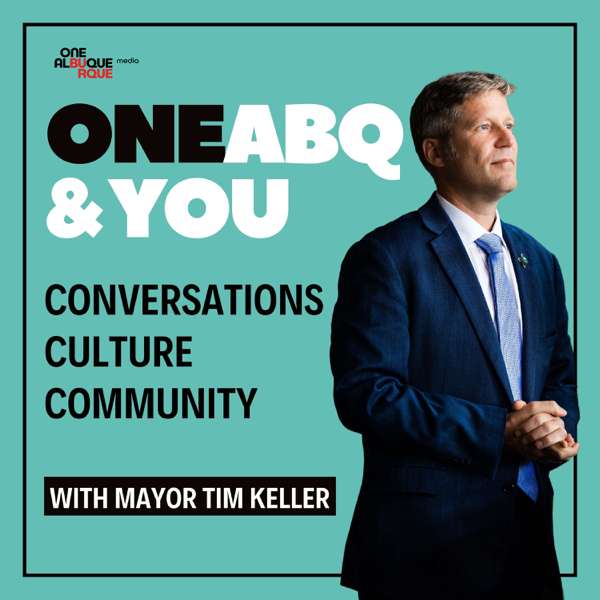Lebanon has been called many different things: a gem of the Middle East, a failed state, a geopolitical Gordian knot (or nightmare). Its financial system has recently collapsed, people cannot find basic services, and residents are still recovering from the massive Beirut explosion of 2020. It may be a complex country to wrap your mind around, but our four scholars tell you everything you need to know about daily life in Lebanon: how are people getting by, who is in control, the geopolitics of the region, and the history behind it.
Lana Salman shares a detailed account of daily life in Lebanon, where people must wait hours in line to obtain goods and services. The civil uprising really began back in October 2019, and it was different from others, explains Carmen Geha, because it was so widespread. Citizen protests have continued since then, and have increased in the aftermath of the Beirut explosion in 2020 for which no one has taken responsibility, they note.
After decades of witnessing corruption at the highest levels, the Lebanese may be at a tipping point. Geha and Salman share examples of citizens creating their own organizations to address humanitarian needs, as an alternative to relying on the default sectarian sponsored hand-outs.
To understand the levers of control, Melani Cammett explains the power-sharing structure of the government, and she and Geha emphasize that the current leaders are the unpunished perpetrators of war crimes (“warlords”) from the chaotic, multiparty Lebanese civil war (1975–1990).
Nate George offers important background on the steps leading up to the current financial crisis and describes the geopolitical crossroads Lebanon occupies today in the Middle East. He also explains why Western countries are no longer eager to support Lebanon during the current fiscal crisis.
Lebanon indeed has a complex history and remains an important player in the Middle East. With a mix of anecdote and history, our conversation is a sobering primer on the many layers and realities of Lebanon.
Host:
Erin Goodman, Director, Weatherhead Scholars Program.
Guests:
Melani Cammett, Director, Weatherhead Center for International Affairs; Clarence Dillon Professor of International Affairs, Department of Government, Harvard University; Professor in the Department of Global Health and Population, Harvard T.H. Chan School of Public Health.
Carmen Geha, Visiting Scholar, Weatherhead Scholars Program (fall 2021). Associate Professor of Public Administration, Department of Political Studies and Public Administration, American University of Beirut.
Nate George, Raphael Morrison Dorman Memorial Postdoctoral Fellow, Weatherhead Scholars Program. PhD, Department of History, Rice University.
Lana Salman, Postdoctoral Research Fellow, Middle East Initiative, Belfer Center for Science and International Affairs.
Related Links:
- “The United States and the Middle East” by Nate George (America in the World, 1776 to the Present: A Supplement to the Dictionary of American History, Charles Scribner’s Sons, 2016)
- “Commitment to the “National” in Post-Conflict Countries: Public and Private Security in Lebanon” by Melani Cammett, Dominika Kruszewska, Christiana Parreira, and Sami Atallah (Journal of Conflict Resolution, forthcoming 2022)
- “Coethnicity Beyond Clientelism: Insights from an Experimental Study on Religion and Political Behavior in Lebanon” by Melani Cammett, Dominika Kruszewska, Christiana Parreira, and Sami Atallah (Politics & Religion, forthcoming 2022)
- “Debtscapes: The Politics of Social Reproduction in the Post-Revolution City” by Lana Salman (Paper, Middle East Initiative, August 2021)
- Civil Society and Political Reform in Lebanon and Libya: Transition and Constraint by Carmen Geha (Routledge, 2016)
Follow the Weatherhead Center for International Affairs:
This episode was produced, edited, and mixed by Michelle Nicholasen, Editor and Content Producer at the Weatherhead Center.
Follow the Weatherhead Center for International Affairs:

 Our TOPPODCAST Picks
Our TOPPODCAST Picks  Stay Connected
Stay Connected







